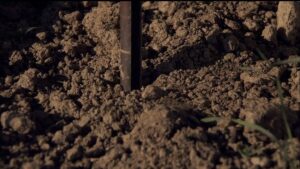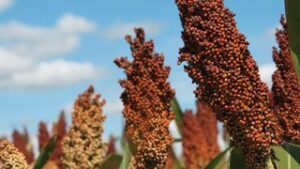KWS Vegetables is continuing to develop its research capabilities and has put new lab facilities into operation at its headquarters in Wageningen. The new area was officially inaugurated on Thursday, February 9. The focus of the new research facilities is on the production of double haploid lines for pepper and cucumber, which will significantly improve speed and efficiency in the breeding processes.
The approximately 100 visitors were guided through the new laboratory and the crop growth facilities at the KWS Vegetables headquarter in Wageningen. The new research facilities measure nearly 450 square meters, including lab space, tissue culture space and three phytotrons.
David Downey, cell biology lead in Wageningen, explains: “The production of homozygous parent lines is essential in plant breeding and at the same time a challenge. With the double haploid (DH) method, we are able to generate pure lines in a single generation. That means considerable time saving toward the development of parental lines.”
The first outcome of the facilities will be delivery of DH cucumber and pepper lines to breeding programs in Spain, Italy, Mexico, and Turkey enabling the breeders to accelerate the development time for new commercial varieties.
“The commissioning of the new laboratory facilities in Wageningen is an important step in terms of speed and quality in the development of new varieties. By using innovative breeding approaches such as DH, we can respond faster to challenges, such as disease resistances and yield stability for the growers and fruit quality, taste, and appearance of the fruit. We are pleased to be making important advances in research implementing these technologies to optimize all our breeding programs with a benefit for ultimately, of course, our customers”, summarizes Paul Degreef, head of KWS Vegetables.
Background: Double Haploid Development in Vegetables
The goal of breeding programs is to produce high performing varieties with specific traits serving the needs of the growers and consumers. Homozygous lines are essential in breeding, because they breed true, i.e., produce offspring of exactly the same genotype. In traditional methods, repeated self-pollination is used to produce homozygous lines; however, this takes seven to eight generations, and even then, the plants produced are not 100% homozygous.
This is where the DH method is superior. It is a process of isolating and culturing haploid plant cells that carry a single set of chromosomes and generating a haploid plant from these.
After duplication of the chromosome set, the resulting DH plants are 100% homozygous. Being able to generate these pure lines in a single generation means considerable time saving.













